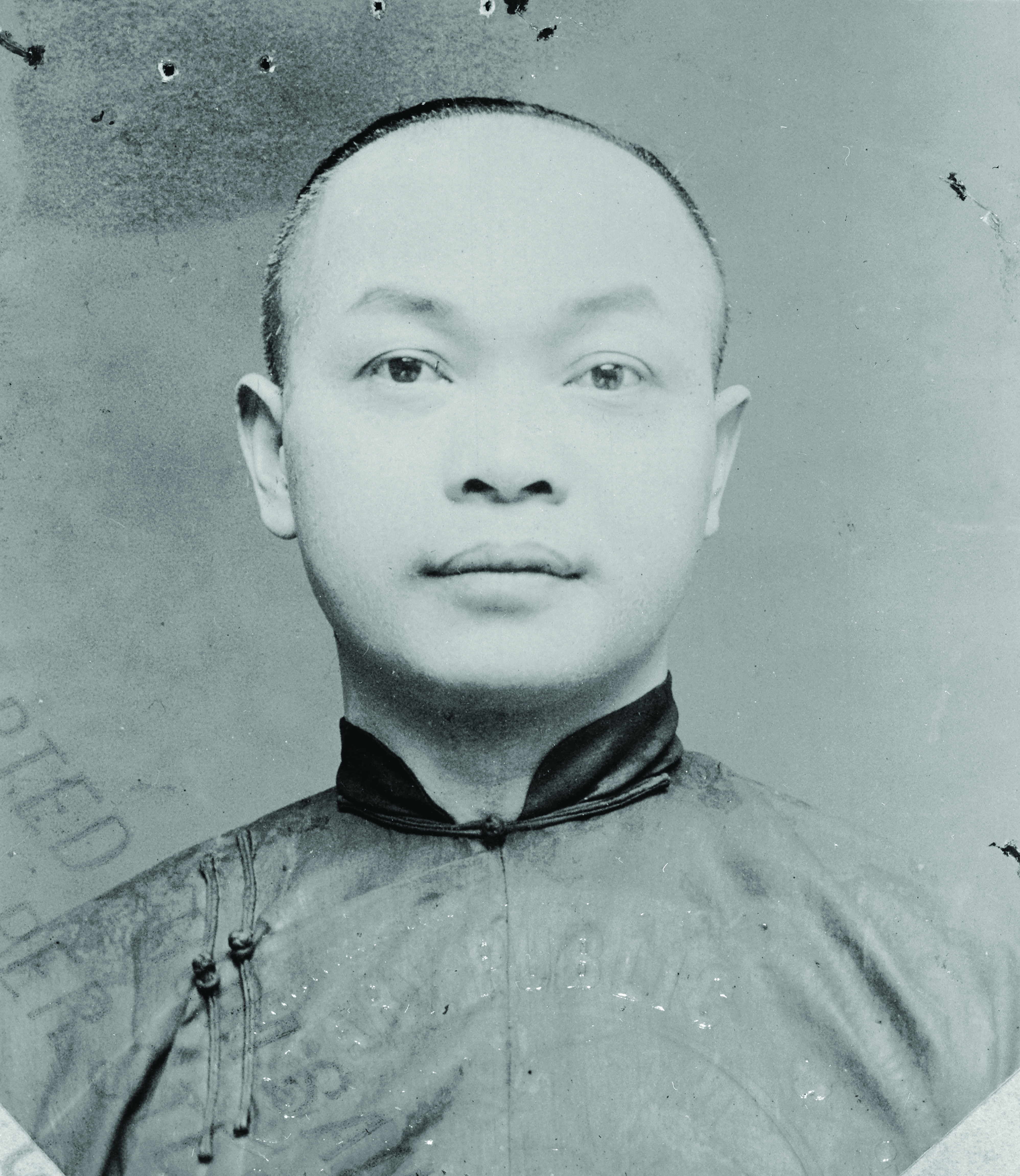March 28, 1898: Supreme Court affirms birthright citizenship of Wong Kim Ark

Wong Kim Ark. Photo by National Archives/Interim Archives/Getty Images.
In San Francisco on Oct. 1, 1870, Chinese immigrant Wee Lee, wife of Wong Si Ping, gave birth to a baby boy the couple named Wong Kim Ark. Because hospitals in San Francisco refused Chinese patients, the birth took place in the apartment above the grocery store her husband co-owned at 751 Sacramento St.
In a U.S. Chinese population overwhelmingly made up of male laborers, the birth itself was a rarity. Of 63,254 “ethnic Chinese” documented by the 1870 census, fewer than 5,000 were women, and only 518 of either gender were born on American soil. Chinese immigration to the U.S.—first attracted by the discovery of gold in California—was dominated by males seeking work in agriculture, garment factories and, instrumentally, in the construction of railroads connecting the American East and West. And with passage of the Burlingame Treaty in 1868, the U.S. attempted to cement its emerging influence in Asia by establishing China as a “most favored nation,” expanding trade with the Qing Dynasty along with rights and protections for Chinese immigrants in the U.S.
The latter proved short-lived. In October 1871, a year after Wong’s birth, a mob in Los Angeles murdered 18 men—most by lynching—in that city’s tiny Chinese community. A surge in unemployment as the result of the Panic of 1873 gave political sway to the violence. In 1875, Congress passed the Page Act, a thinly veiled effort to subvert the Burlingame Treaty protections. In July 1877, a mob of union workers entered San Francisco’s well-established Chinatown, looting Chinese-owned stores and laundries, burning Chinese factories and restaurants, killing four people. Shortly thereafter, the Wong family returned to China with their American-born son.
In 1882, the Chinese Exclusion Act outright banned Chinese immigration for a decade. The ban came to include onerous regulation of immigrants already in residence. State and local laws restricted their access to schools and imposed fees on their businesses. Federal courts were prohibited from naturalizing Chinese applicants. And if they left the U.S. for any reason, Chinese were required to carry special certificates for reentry—statements often witnessed under oath by at least two white citizens.
Though born in San Francisco, Wong Kim Ark carried such documentation when he traveled to China. He had moved back to California at a young age to work as a cook at a mining camp in the Sierras. At age 19, he returned to China to find a wife, a near impossibility in the U.S. Having married and conceived a child, he returned to California within a year without significant challenge. In 1894, he headed back to his family in China, fathered a second child, and returned to San Francisco in 1895 aboard the S.S. Coptic. This time, however, things were different.
What was once barely regulated immigration became a progressively bureaucratic process, particularly for Chinese immigrants. But the status of children born to immigrants within the U.S.—so-called “birthright citizens”—was unsettled law. Under the 14th Amendment, which was passed two years before his birth, Wong was not only a U.S. citizen but also arguably immune from anti-Chinese laws. And when Wong was refused entry by the collector of customs, lawyers for the Chinese Consolidated Benevolent Association filed a petition of habeas corpus on his behalf.
The government case was argued before the U.S. Supreme Court by Solicitor General Holmes Conrad, a former Confederate officer whose own citizenship had been suspended briefly under Reconstruction. Holmes not only argued that the 14th Amendment, passed by former Confederate states as a condition of their readmission, was “coercive”—in effect, an unconstitutional amendment to the Constitution—but he also ignored the fact that beyond Wong were millions of U.S.-born children of immigrants, many white and European, whose U.S. citizenship could be questioned.
Although it took them more than a year to decide U.S. v. Wong Kim Ark, the justices ruled 6-2 on March 28, 1898, that the 14th Amendment means what it says: “All persons born or naturalized in the United States, and subject to the jurisdiction thereof, are citizens of the United States and the state wherein they reside.”



